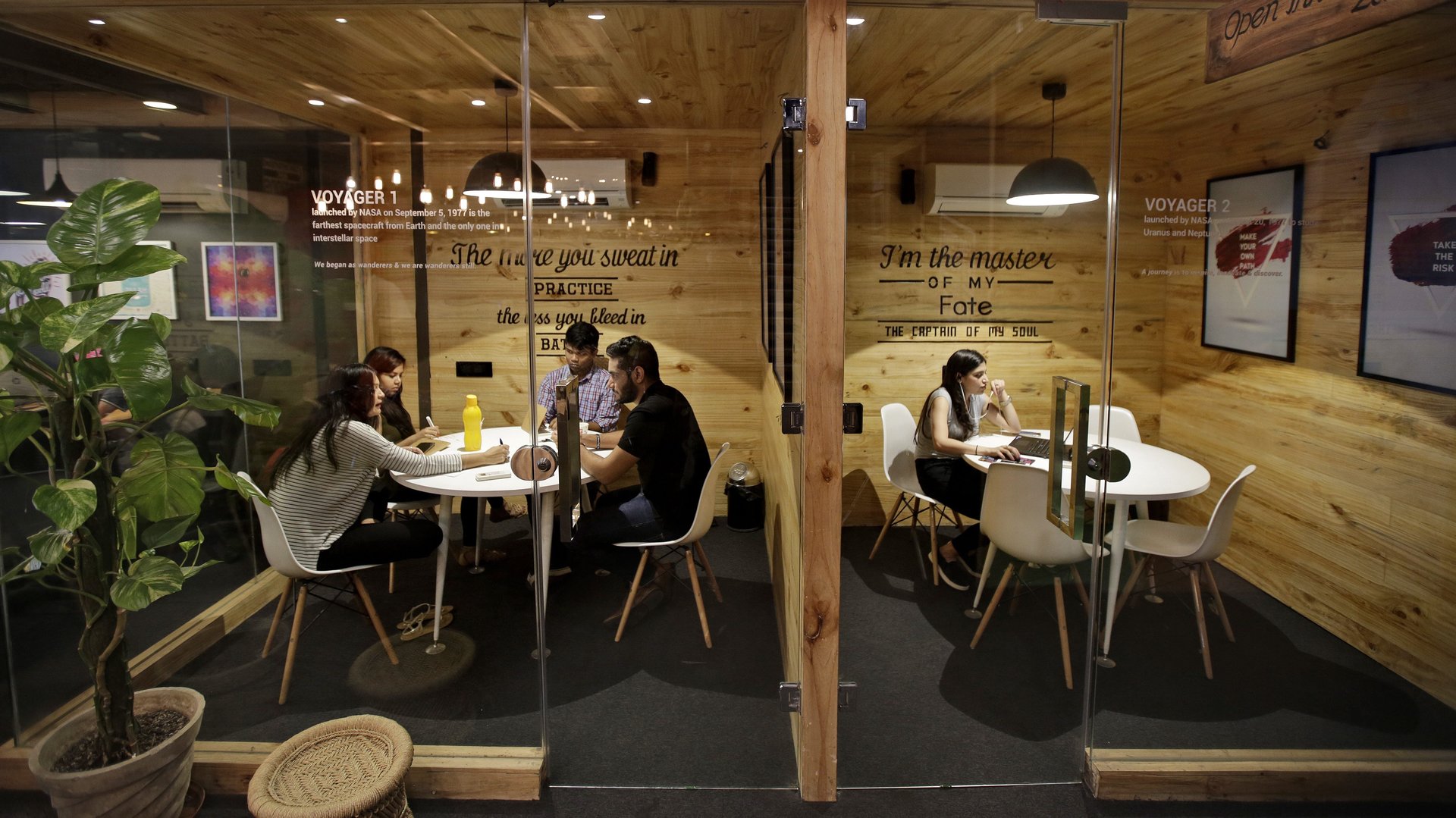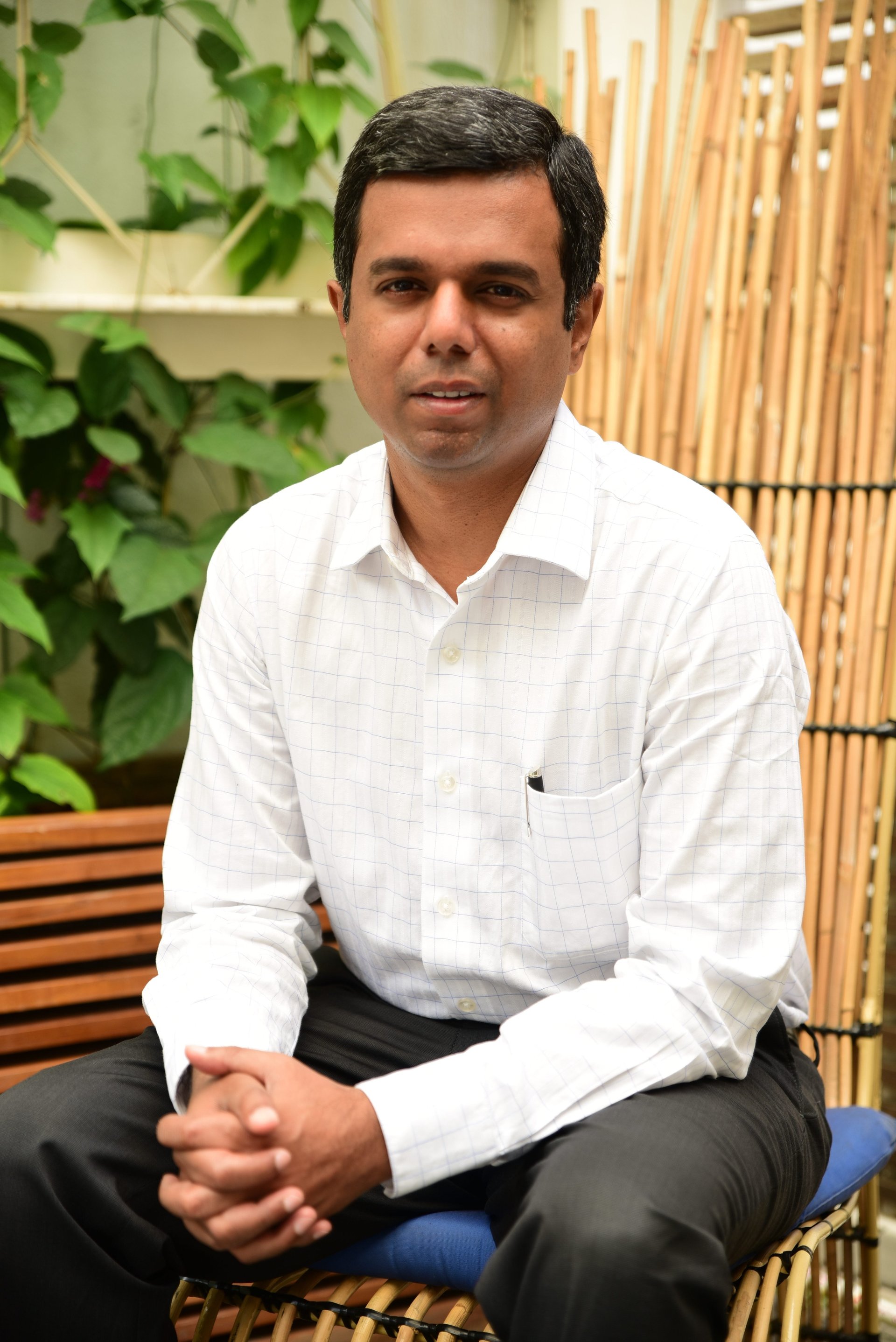At Indian startups, HR teams will take centre stage in a post-Covid-19 world
The uncertainty of the Covid-19 pandemic has made people management a critical function.


The uncertainty of the Covid-19 pandemic has made people management a critical function.
From executing layoffs in a forced work-from-home situation to announcing pay cuts over Zoom calls, and motivating staff via gaming apps, the human resource (HR) teams across industries are having to come up with innovative solutions for this unprecedented situation.
Understanding this challenge, Bengaluru-based sleep solutions startup Wakefit.co believes its HR leadership will be the most important talent in a post-Covid-19 world.
“No matter how long the current crisis lasts and how each company navigates it, once we come out of this, every organisation would have fundamentally changed. Everybody would have seen tough times, be it layoffs, pay cuts, or poor employee morale. Hence, the HR team of any company would have a crucial job,” Wakefit.co’s co-founder and director Chaitanya Ramalingegowda told Quartz in an interview.
He also spoke about why tech and research & development (R&D) will be important for startups in the future. Edited excerpts:
In what ways is your hiring policy going to change due to the Covid-19 crisis?
The core values that define our hiring policies are not likely to change. But the mix of talent is likely to change. For example, we may consider hiring younger talent with a fresh outlook, as long as they are hungry to learn and evolve their skill sets. We also plan to invest more in hiring people in the technology and R&D divisions, as this pool usually has a non-linear effect on the business.
What is that one job that would be the most crucial to the company post Covid-19?
There are two jobs within the company that would be extremely important in the post-Covid era. One is HR leadership and employee engagement, the second is communications.
No matter how long the current crisis lasts and how each company navigates it, once we come out of this, every organisation would have fundamentally changed. Everybody would have seen tough times, be it layoffs, pay cuts, or poor employee morale. Hence, the HR team of any company would have the crucial job of ensuring employee engagement and motivation. That is going to be invaluable because a positive and happy workforce will always be more remarkable than a workforce that is driven only by financial incentives, or by fear.

Similarly, I believe, the communications department, both external and internal communications, will have a major role to play in the post-Covid world. The thought process of the founders, management, and core team needs to be shared with every relevant stakeholder, including employees and the society at large, to ensure transparency and empathy.
What are the qualities that you look for when you hire a candidate?
The most important quality we look for is an openness to learn new things. Anybody who believes that she or he knows it all and is unwilling to evolve cannot be an asset to an organisation. The second quality is the ambition to do something that people thought is unattainable and to take up challenging tasks.
We also look at the long-term professional goals of the person. We ask ourselves whether we see them working with us for the next five years. Skill sets may vary with each department and function, but these qualities help us determine the character of the company we are looking to build.
Have there been layoffs or pay cuts at your company due to Covid-19?
We have a workforce of close to 500 full-time employees and we have paid full salaries and incentives to all. However, given the uncertainty of the situation, we may have to consider other options in the future, such as a reduction in incentives and salary cuts.
Laying off employees, though, will be the last resort and will not be considered as long as we can help it.
Are your appraisal and increment plans on track? How will employee performance evaluation change, if at all?
Promotions are on track, but the associated pay hike may be deferred until normalcy sets in. Employees have earned the title changes and new responsibilities based on their performance during the last financial year, and that will be valued. With respect to evaluations, we will look at performance metrics and the value additions brought to the company.
What are the people-centric HR policies that you have introduced to fight the impact of the pandemic?
We are providing Covid-19 health insurance up to Rs5 lakh for all employees, in addition to the general insurance cover provided to them. We have also assisted employees who were facing trouble with phone and internet connections while working from home.
We have set up company-wide Zoom calls to facilitate regular interactions. One of the challenges in this time is to keep employee morale up and for that, our HR team has been organising engagement activities such as fitness challenges, creativity boosting exercises, etc.
What should be the key focus areas for academia to promote employable talent?
Every graduate that comes out of any graduation school should have a skill profile in a T shape—just like the English letter T—where the employee possesses horizontal knowledge in multiple areas of an organisation, while also mastering vertical knowledge in one function that they have gone deep into and gained expertise. This will enable them to be industry-ready and discover broader sets of interests that they can then take up as they mature in their careers.
In other words, at a horizontal level, they should know the basics of all departments of a company—whether it’s marketing, finance, HR, or operations. A computer science graduate should know about design, a mass communication graduate should know how operations work, a technology graduate should definitely know about business aspects. The vertical bar is for depth in the area they specialise in.
What’s going to be the role of technology in operations and HR function in the post-Covid-19 world?
Gone are the days when excel sheets sufficed! I foresee a sharp focus on maintaining transparency and robust metrics to accurately analyse how these functions operate. The HR function must be equipped to look at the workforce and analyse the learning and operational gaps, help people be industry-ready, and enhance their skills so that they are ready to achieve Wakefit’s 2021 vision.
Sangeeta Tanwar interviewed Ramalingegowda. Manavi Kapur contributed to this post.